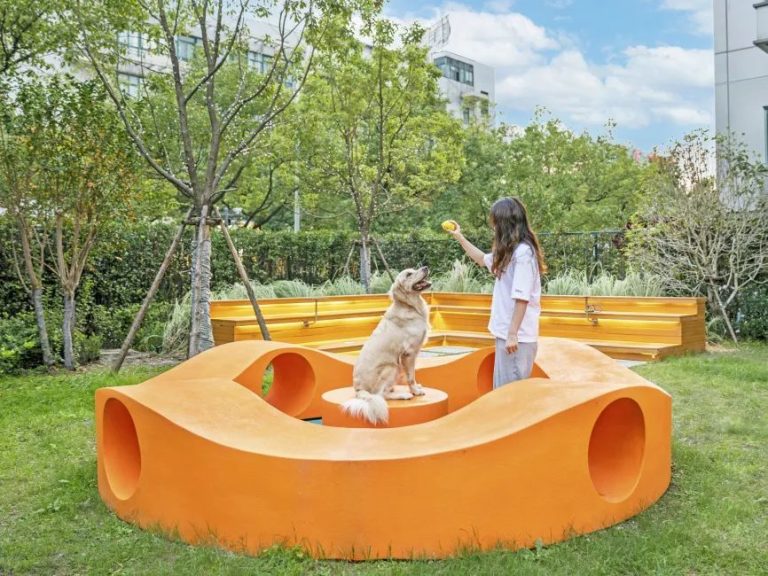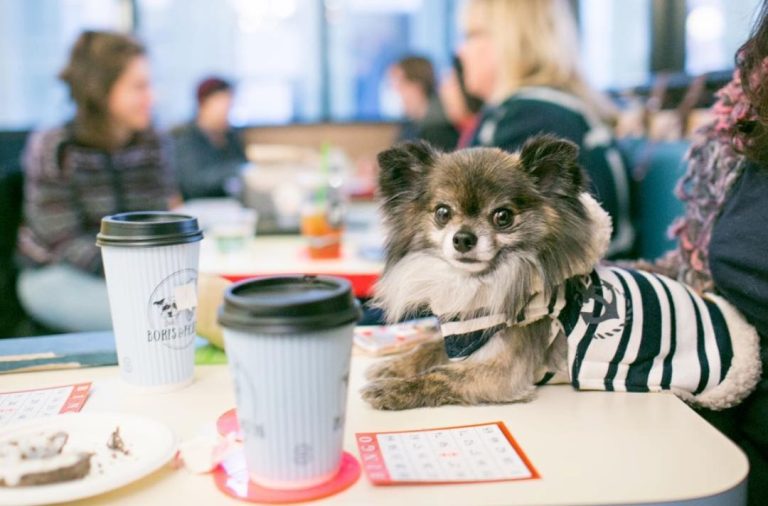Pet Playdates: Fostering Social Interaction for Your Furry Friend
As pet owners, we understand the joy and companionship our furry friends bring into our lives. But did you know that social interaction with other pets is just as important for their overall well-being? Pet playdates are a wonderful way to nurture your pet’s social skills, promote exercise, and enhance their emotional health. In this article, we’ll delve into the significance of organizing pet playdates and offer tips on making these gatherings enjoyable and safe for your beloved companion.

The Importance of Pet Playdates
1. Physical Exercise and Mental Stimulation
Pet playdates provide an excellent opportunity for your furry friend to engage in physical activities like running, chasing, and playing fetch. These activities are essential for maintaining a healthy weight and promoting muscle strength. Moreover, the mental stimulation that comes from interacting with other pets and exploring new environments can help prevent boredom-related behavioral issues.
2. Socialization Skills
Just like humans, pets benefit from socialization. It’s a chance for them to learn how to communicate, interpret body language, and understand social cues. This is particularly important for puppies and kittens as it helps them grow into well-adjusted and confident adults.
3. Emotional Well-Being
Positive social interactions with other pets can significantly boost your furry friend’s emotional well-being. It reduces stress and anxiety, enhances their mood, and can even help prevent separation anxiety when you’re away from home.
Organizing a Successful Pet Playdate
1. Find Compatible Playmates
When arranging a playdate, consider your pet’s temperament, energy level, and size. Aim to find playmates that are a good match in terms of these factors. Compatibility plays a significant role in the success of the playdate.
2. Choose a Safe Location
Select a secure and safe location for the playdate. This could be your backyard, a pet-friendly park, or even an indoor space with enough room to move around. Make sure the area is free from potential hazards.
3. Set a Schedule
Schedule playdates when both pets are well-rested and have had their meals. Avoid extreme weather conditions, as pets can easily become overheated or too cold.
4. Supervision is Key
Always supervise the playdate. Watch for signs of rough play or aggression and be ready to intervene if necessary. Not all pets will get along, so it’s essential to ensure everyone’s safety.
5. Bring Toys and Treats
To enhance the playdate experience, bring along toys and treats. Toys can provide entertainment and encourage play, while treats can be used as rewards for good behavior.
6. Gradual Introduction
If the pets are meeting for the first time, introduce them gradually in a neutral space. Allow them to sniff and get acquainted before encouraging play.
7. Positive Reinforcement
Praise and positive reinforcement play a crucial role in pet playdates. Reward good behavior with treats and offer affection to encourage positive interactions.
8. Know When to End
Pay close attention to your pet’s behavior and energy levels. If they seem tired, anxious, or disinterested, it’s time to end the playdate and let them rest.
Conclusion
Pet playdates are more than just fun and games; they are essential for your furry friend’s physical and mental well-being. By fostering social interaction, promoting exercise, and boosting emotional health, you’re contributing to a happier and healthier pet. Remember to prioritize safety and supervision to ensure that every playdate is a positive and enjoyable experience for both your furry friend and their playmate.






